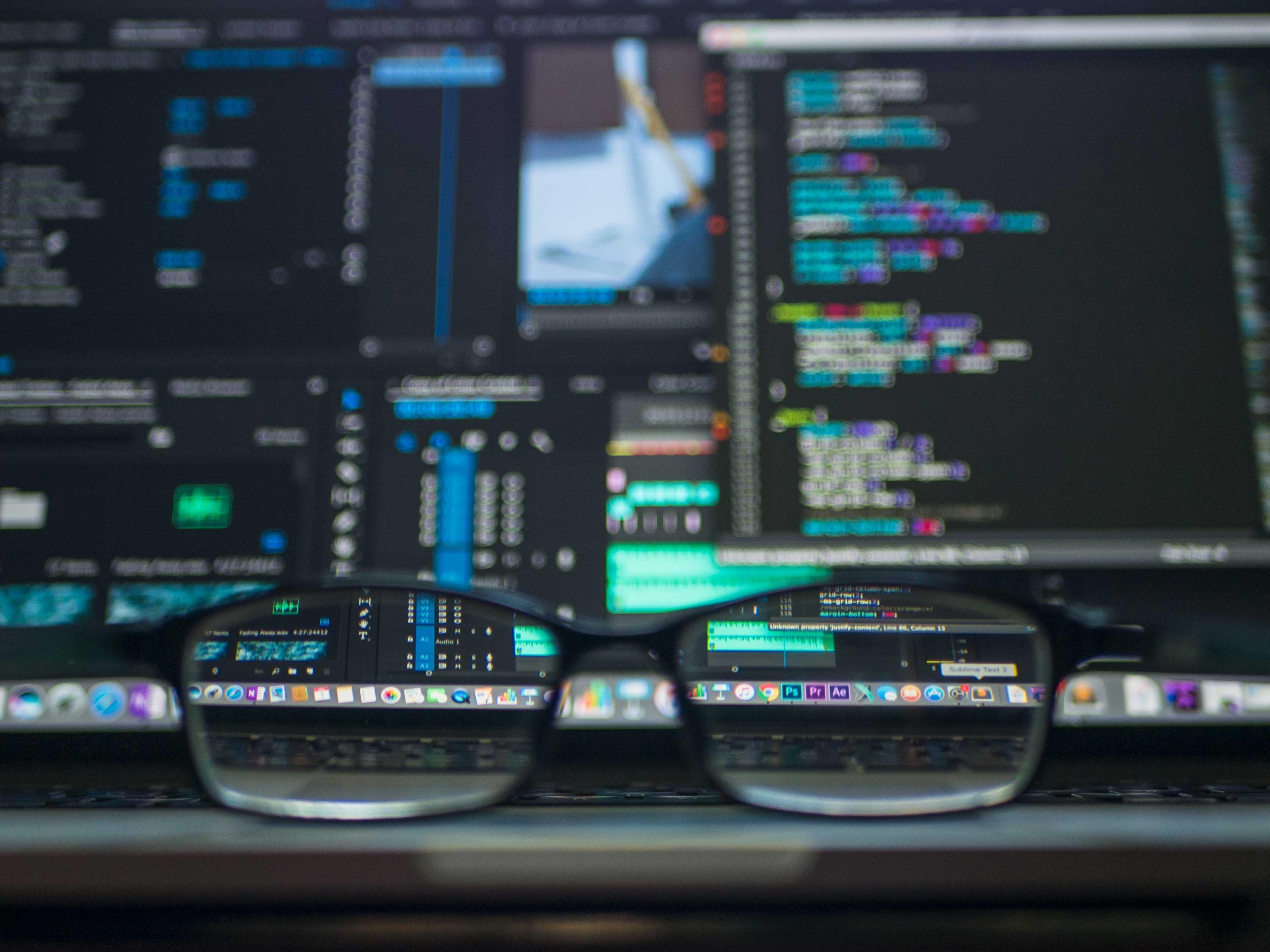The rhythms of attention
What is attention?
Psychologists define it as the ability to process certain things in our environments while excluding others consciously. The attention system consists of various networks that sustain different tasks.
207
2.18K reads
CURATED FROM
IDEAS CURATED BY
A learner | Writer of Melva's Note on Substack | High curiosity about psychology and human development.
Our bond with our digital devices is unbreakable; we’re jumping in front of screens, from one app to another. This behavior shortened our attention spans, and we feel more stressed than ever, There are tons of notifications dropping every few minutes, and companies are preying on our most primitive desires. Yet, disconnecting from this phenomenon is impossible - at least if we want to keep our job or have a social life. Gloria Mark, Ph.D., breaks down how the digital age has changed the nature of our attention based on her research on behavioral science.
“
The idea is part of this collection:
Learn more about corporateculture with this collection
The benefits of a bedtime routine
How to improve your sleep quality
How to create a relaxing sleep environment
Related collections
Similar ideas to The rhythms of attention
Limits Of Your Attention
Our brain receives 11 million “bits” of information in the form of sensory experiences each second. But how many of these eleven million bits can our minds consciously process and focus on at once? Just forty of them. Not forty million or forty thousand, but forty.
Our atte...
Meta-Attention
Meta-attention is a dynamic process, an internal algorithm that handles our attention, it’s knowledge and awareness.
It is an awareness of the spotlight that we are shining on the object of our attention while being in control of where the spotlight is mov...
The Importance Of The Date
Writing a date while penning one’s thoughts makes us subconsciously process that it is an event in the past, providing a certain detachment from the problem, especially if one is trying to get over something.
Our negative experiences and things we regret are neatly tagged as the past, remo...
Read & Learn
20x Faster
without
deepstash
with
deepstash
with
deepstash
Personalized microlearning
—
100+ Learning Journeys
—
Access to 200,000+ ideas
—
Access to the mobile app
—
Unlimited idea saving
—
—
Unlimited history
—
—
Unlimited listening to ideas
—
—
Downloading & offline access
—
—
Supercharge your mind with one idea per day
Enter your email and spend 1 minute every day to learn something new.
I agree to receive email updates
